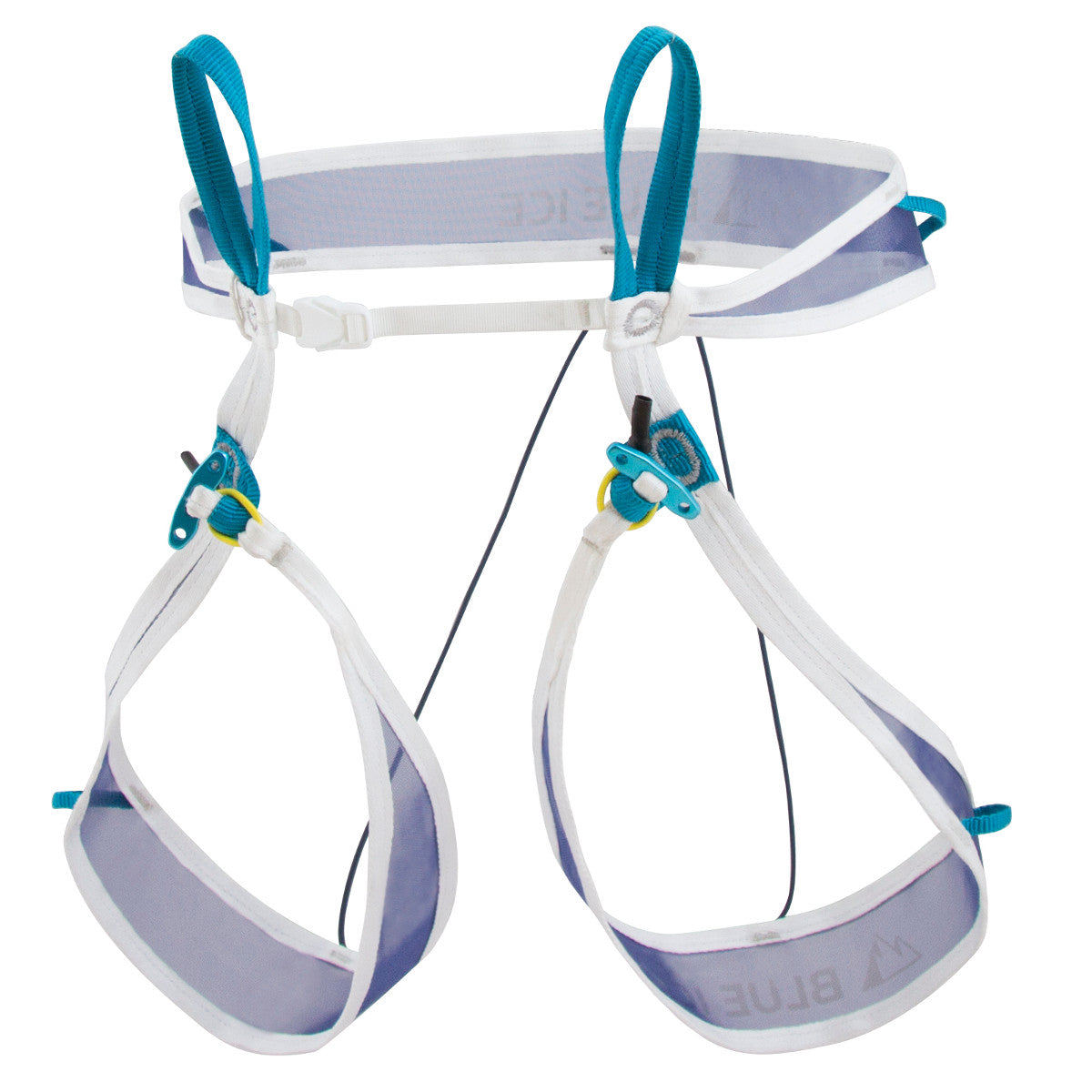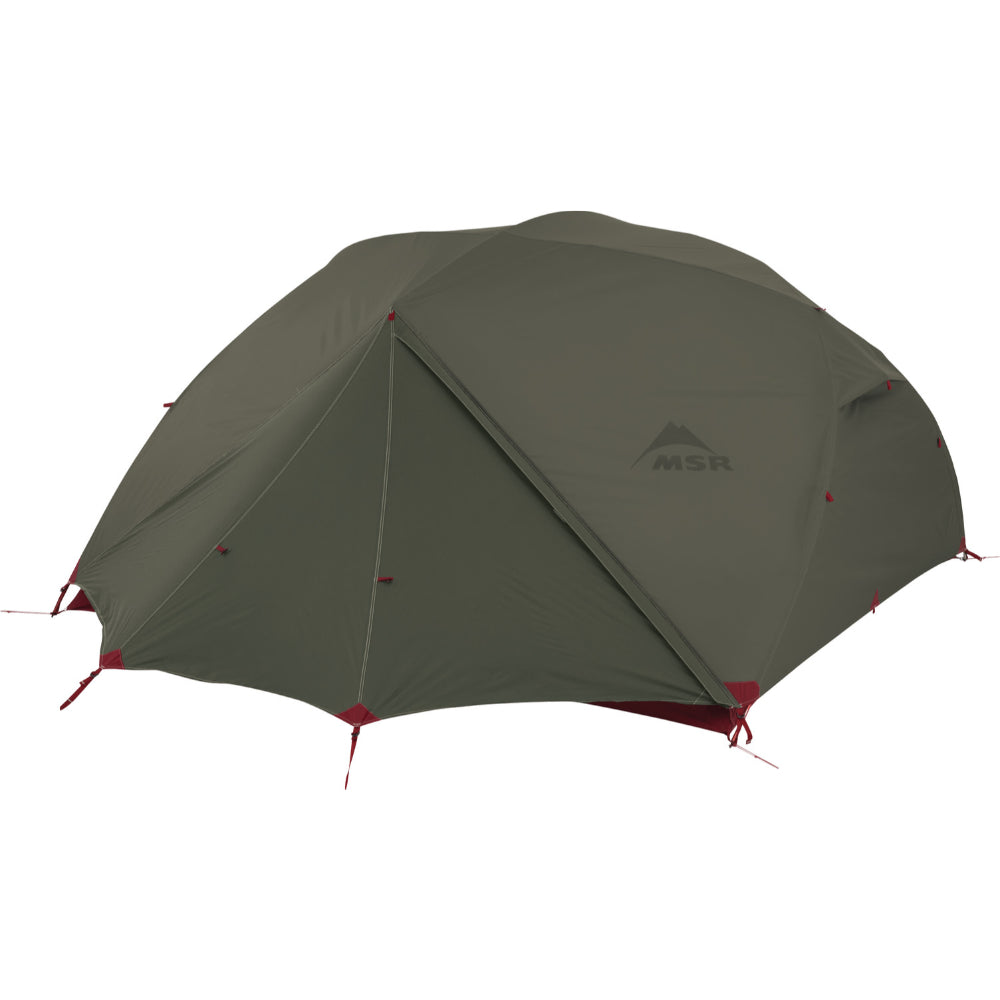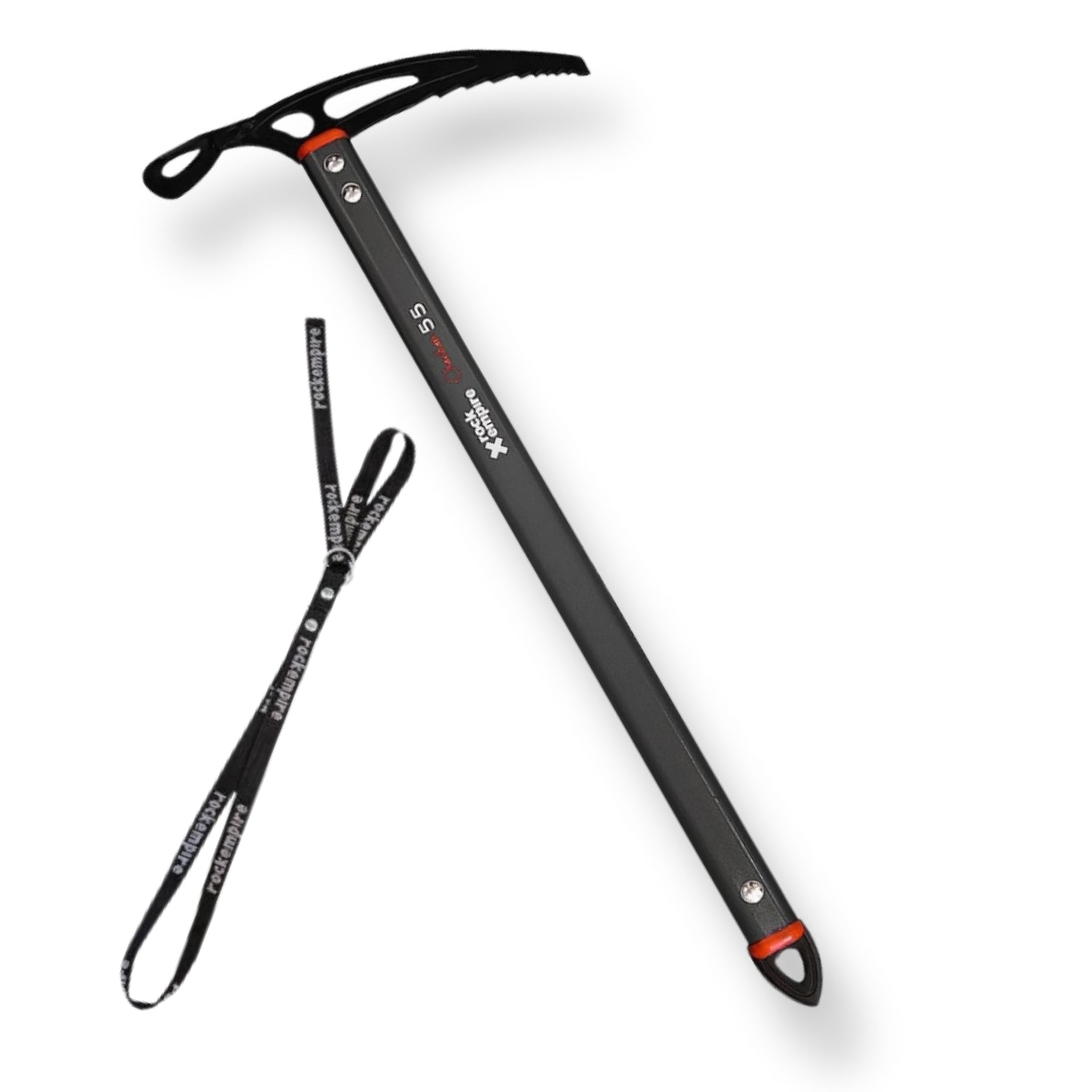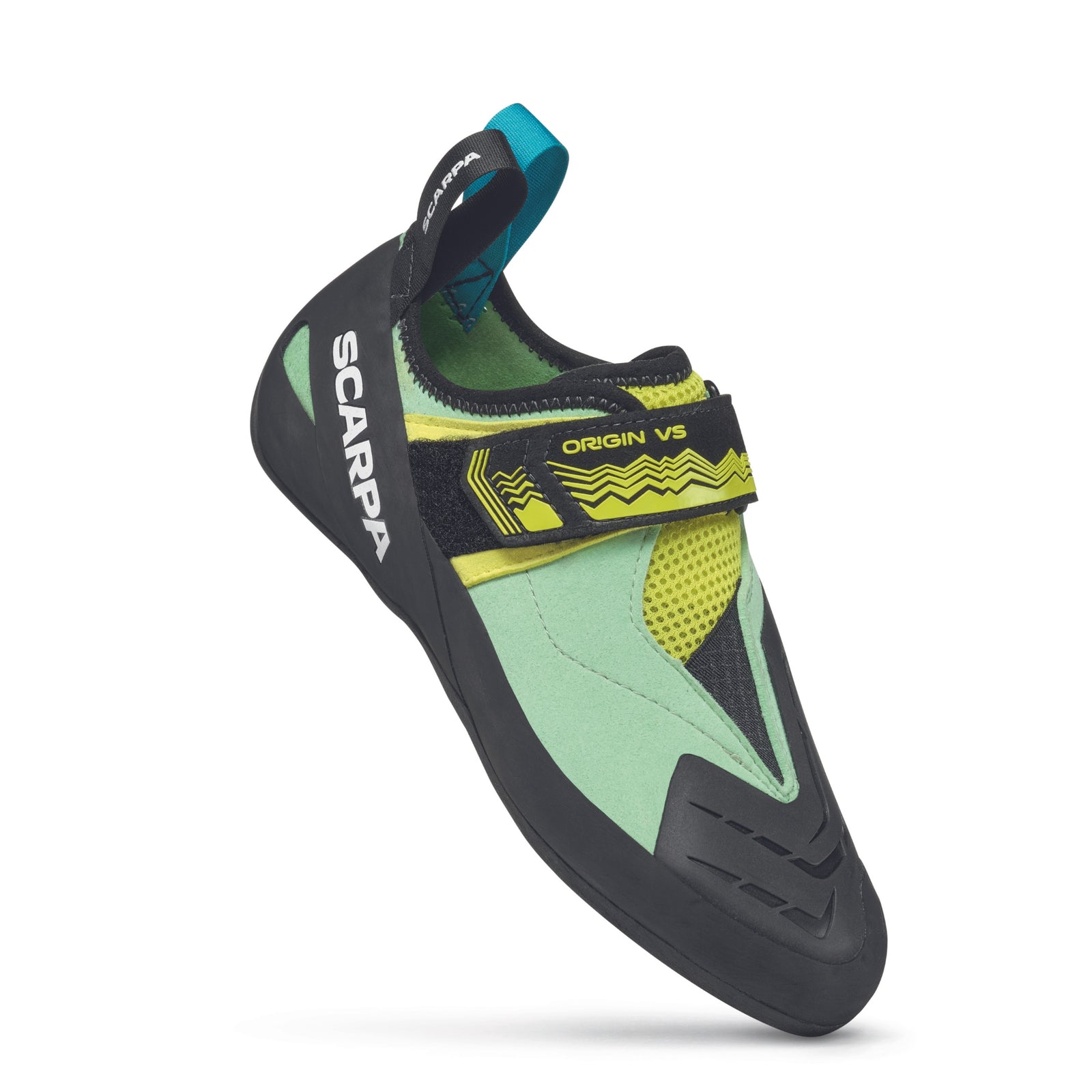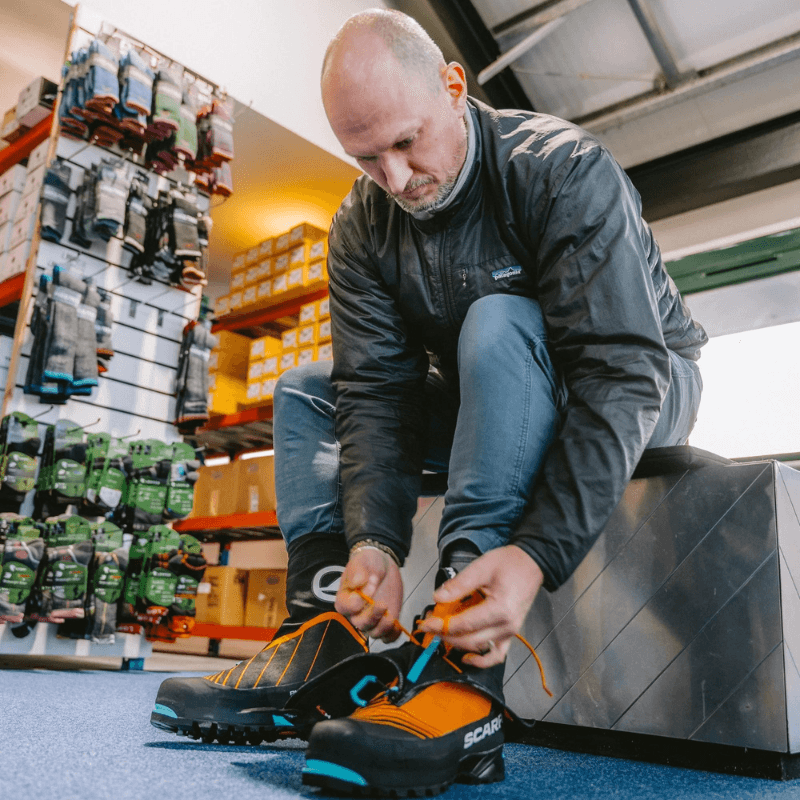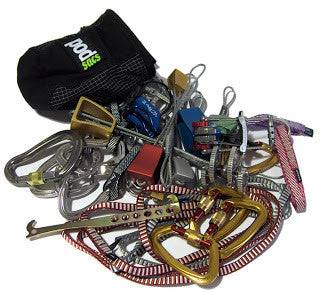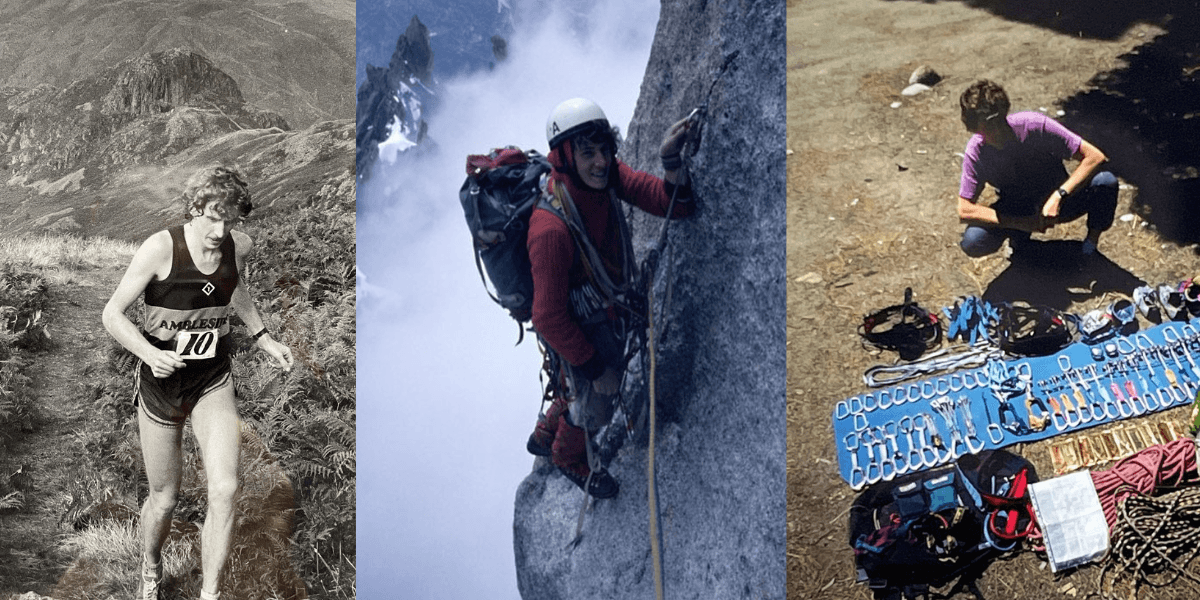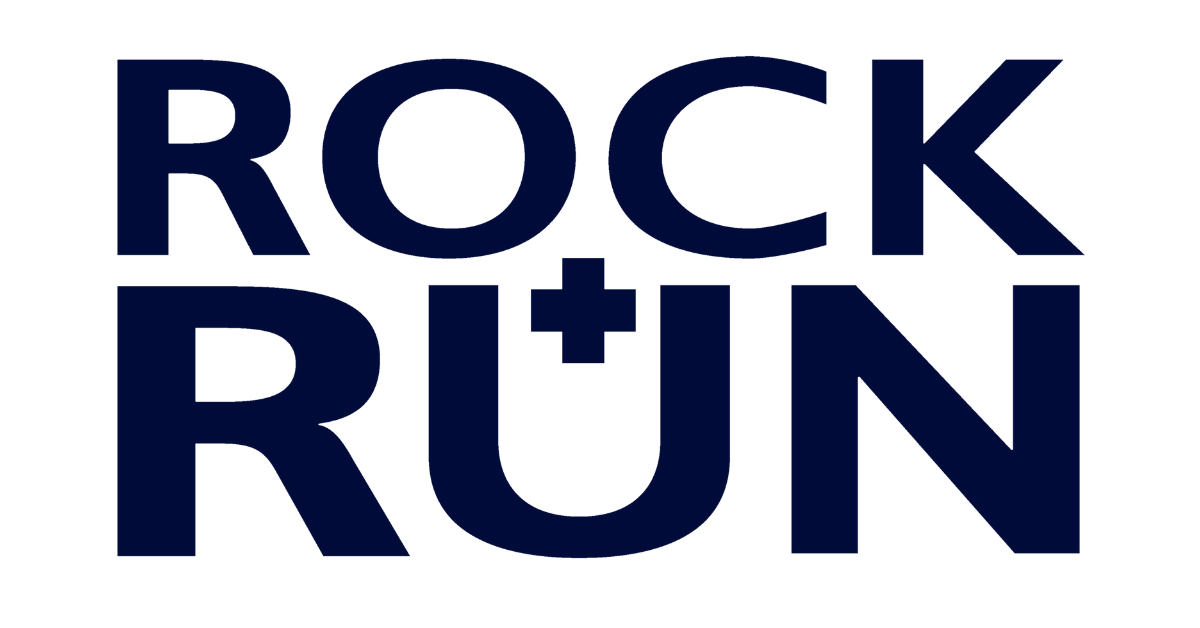By Dave Westlake
Like many climbers I spent several years carefully avoiding London. The short term contracts that characterise my line of work thrust me from one place to another, but when scouring the internet for my next job I always made damn sure not to tick the “London and South East” box. Reasons to eschew the capital city were never hard to find; the crowded streets, the traffic, the exorbitant cost of living and the pollution. The sheer size of the place is hard to swallow for those of us who grew up in a small village near the sea. But the real reason was always climbing. How could I cope with being more than 2 hours away from decent rock? Around three years ago I began to find out. For various reasons, I decided to quell my aversion to London, pack my bags and move to the biggest city in the land. I figured it couldn’t all be bad; the streets were supposed to be paved with gold, weren’t they?
What is this all about?
This article is aimed at climbers thinking of visiting or moving to London, or London dwellers who want to make the most of the somewhat limited climbing opportunities available. In an attempt to be even handed, I’ll try and point out the good and the bad, and give you a steer on the city’s other appealing qualities like coffee shops and bars. Whether you love it or hate it, London certainly does some things well, so there’s no sense in not embracing the good bits.
Outdoor climbing
Contrary to popular belief, London is home to some outdoor climbing. Even more remarkably, some of it involves actual rock! Let’s begin with a run-down of the outdoor opportunities available. - The “Boulder” project by John Frankland This is an art project set in the trendy East London district of Hackney. Hackney was once something of a no-go area, known for its social problems, violent crime and the ‘murder mile’. Nowadays it is more likely to be mentioned for its cultural diversity and vibrant atmosphere, and for me it is one of the most interesting parts of London to spend time. In 2008 two parks, Shoreditch Park and Mabely Green, were chosen to become home to two permanent blocks of quarried Cornish granite. Together the two blocks formed “Boulder” – a ‘public realm’ project by artist John Frankland. Given that the artist himself “intends that people should engage with the boulders in a direct and physical way through rock climbing”, it’s practically a civic duty to climb on them: “A keen and experienced climber himself, Frankland considers physical contact with the rock as a way of energising or activating the work, as well as a way of playfully debunking the notion of those sculptures in park settings, which are often fenced off or prominently labelled as ‘not to be touched’” I wouldn’t want to leave these granite monoliths un-activated or low on energy - Frankland seems like my kind of artist! What’s more is that he obviously chose the blocks carefully, as the quality of the rock is as good as you would expect from the best cliffs in Cornwall. Unlike many urban crags the boulders haven’t been given the once over by graffiti artists – a fact that might come as a surprise the more cynical readers. Nonetheless you should be prepared to contend with the faint but unmistakable aroma of urine and the occasional broken bottle! You only really need one mat as neither block is very high, but a starter pad would come in handy to keep your shoes clean and you may want two or three mats if attempting one of the traverses. The quarried granite of both the boulders can be hard on the skin, so don’t expect to have a long session before you wear through a fingertip or two. Both boulders are well suited to meeting up with a few friends and having a picnic, and you may be surprised how little attention you generate from passers-by – maybe because they are both relatively popular with climbers. The boulders offer a decent selection of problems so they are well worth a visit. At the end of your session, as you gather your belongings and walk back across the grass, you might just glance back at the granite monolith and entertain the thought that I imagine plays on every visitor’s mind. This is, of course: “If only there were a few more of them!”
Shoreditch Park Boulder
This is the better of the two boulders for easier problems and the park it is situated has a bit more going on than Mabley Green. The boreholes that used to provide a very easy route to the summit have been filled in, but getting to the top via the easy angled side “Borehole Wall” remains a reasonable proposition at around V1. Other recommended problems include “Inner City Riots” (V3), “Mulvanny Problem” (V4), “Why not” (V5), “Unthinkable” (V6) and “Ex Machina” (V7).- Transport: Old Street underground (Northern Line) is about a 15 minute walk, as is Hoxton (Overground). Alternatively, on street parking is free during evenings (after 6.30) and weekends (after 1.30 on Sat and all day Sunday) and you will usually find a space in one of the surrounding streets.
- Food and Drink: In nearby Hoxton Embassy East is a great port of call for a coffee, and the Howl at the Moon pub just down the road is one of the best in London for its wide range of well-kept beers. Hoxton is worth a visit, if only to experience the oddities of hipster fashion in a part of London that still retains the spirit of the old east end. Alternatively, about a ten minute walk North of the canal you will find the wonderful BBQ joint and microbrewery, Duke’s Brew and Que, which also comes highly recommended.
- Further info: shoreditchbouldering.blogspot.com | ukclimbing.com/shoreditchparkboulder
Mabely Green
This second block of granite is the pick of the two for more challenging problems, and it features around 16 which are graded V6 or above. As you might expect, with both these boulders being ‘single block’ venues there are a plethora of eliminates and link ups in addition to the main lines. When the rock is limited you have to make the most of it, so in my mind eliminates and rules are part of the game and serve to enhance the experience in a way that they may detract from it elsewhere. Recommended problems at the Mabeley venue include “Ollie’s Wall” (V3), “Rebel Legacy” (V8) and the various ‘Rebel’ variations (V5 – V8+), “Overhang 1” (V5), “Porter's Arete” (V3), and “Ollie's arête” (V5).- Transport: Homerton Overground is the closest station, about 10 mins walk from the green.
- Food and Drink: There are fewer choices than in Shoreditch, but the Crate Brewery in nearby Hackney Wick is renowned for its pizza and beer.
- Further info: shoreditchbouldering.blogspot.co.uk | ukclimbing.com/mabelygreenboulder
 Fairlop Park
Fairlop Park
Unfortunately the boulders in Hackney are the beginning and end of real rock in London, but there is one other venue that you might consider if the weather is good and you don’t want to head indoors. This is the tranquil Fairlop Park, on the far Eastern fringes of the capital - in the part where you are never quite sure whether you are in London or Essex. The Fairlop boulders share a nice setting with a water sports centre and it feels a world away from the city. There are nine concrete ‘boulders’ made by Rockworks, and they all have a soft landing thanks to the gravel underfoot. There is a wide range of climbs, and many of them are entry level difficulty designed for kids or adults who have not climbed before. The higher, steeper problems offer challenges up to at least V6, and anyone with an eliminate mind set could keep themselves occupied into much higher grades. A mat is recommended for the higher problems but you could visit without one and have a decent session. Taking your climbing gear and a pad on the Central line may seem like a surreal experience (it is!). But there is no need to worry. Although you might expect this to prompt many a sideways look there is a good chance that your bouldering mat is far from the strangest thing to be found on the tube. There is also the London tradition of maintaining urban solitude at all times (the unwritten rule that you must not look at or speak to anyone). This will act as a handy guard against the usual questions you get from non-climbers everywhere else in the country; “excuse me, what is that thing you are carrying?” You can take solace in knowing what they are thinking, without feeling the need to invent an arcane purpose for the large slab of sponge on your back!
- Transport: Fairlop station is about a five minute walk from the park itself and is on the Central line of London Underground (take a train that goes via Hainault).
Further Afield
Clearly the venues set out above will only go so far in satisfying your need to go climbing outdoors, and you will want to start making the sort of ‘weekend warrior’ missions to some proper crags that punctuate the Monday to Fridays of many a dedicated London climber. Without going into too much detail here, a few areas are within hitting distance for a day trip (providing you are happy to spend 5 or 6 hours on the road) and many more are suitable for a weekend. A popular choice for both is the peak district, which is between 2.5 and 3.5 hours’ drive away depending on where you go and where in London you live. The limestone in the Bristol area is a similar 2.5 – 3 hour journey time, as are parts of the South coast. For those living in the Southern part of London the Southern sandstone crags are worth checking out, but less appealing if you live North of the river - I tried driving from Kilburn once and thanks to some horrendous traffic it took nearly as long as a trip to the Peak! One benefit of being pretty far away from everywhere is that you tend to visit a wider range of areas than if you live right next to a major one. There are plenty of Sheffield climbers who rarely venture outside of the peak!
Indoor climbing – a run-down of the best climbing walls
When I was weighing up the pros and cons of moving to London I figured that if I had to be based in the South East, then London was the best part of that region to be in. This is mainly because the training facilities are excellent and it has good transport links. Having lived here for a while I stand by this, and would argue that living on the periphery gives you the worst of both worlds (still miles from the crags but also a fair trek to a decent wall). The only exception to this might be living on the Southern fringes, as this would place you within hitting distance of the Southern Sandstone crags in summer evenings. London has several good climbing walls, and while the ‘scene’ here is markedly different from that of the northern cities there is certainly a buzz around the best London walls that seasoned climbers will recognise. With a growing range of venues to choose from there are clearly no excuses for not staying ‘wall-fit’. Well, there is of course the after work beer culture and the fact there are 30 different takeaways within a 10 minute walk, but they don’t count! Here is a quick overview of some of the best climbing walls in London. There are several other major walls that are not mentioned below as well as a number of smaller venues:The Arch (AKA the Biscuit Factory)
This is the best wall in London, but it is a victim of its own success. It gets very busy in the evenings, but it is big enough that usually you can still have a good session. The style is very much in the vein of other modern bouldering centres, and it reminds me of the Climbing Works in Sheffield or the Depot in Leeds. The atmosphere is eclectic, and the staff members are friendly and welcoming to beginners and experienced climbers alike. The management very kindly froze my membership when I broke a limb one week after taking out a six month pass, which was nice of them. The coffee tastes good and you will get a free one if you arrive early in the morning. Another benefit for those of us that often work late is the long opening hours (06:00-22:30). With the recent announcement of a new venue opening nearby in 2015 you can only expect this place to get even better.- Transport: Bermondsey tube
- Price per session: £10 (but the £8.50 concession price includes BMC members)
- Annual membership: No, but a 6 month pass costs £200
The Westway
This is a good wall for route climbers, and the place to go if you live in the West. It is actually a charitable outfit, though you wouldn’t know that from the prices! It has a loyal and friendly group of locals and serves as a good training venue both for bouldering and routes. The outdoor lead wall is a great asset in the warmer months and they hold regular bouldering leagues which are well attended. The route setting is variable, but when it’s good it is very good.- Transport: Ladbroke grove or Latimer road tube (or free parking on nearby streets after 6.30pm, 1.30 on Saturdays and all day Sunday. There is also a car park under the football pitch!)
- Price per session: £10
- Annual membership: £399
 The Castle
The Castle
Err, I haven’t actually been to this wall, but everyone tells me it’s excellent. It is pretty expensive at £12 for a one off visit (hence why I’ve not been!), but the bouldering and routes are rumoured to be some of the best in London. The Castle certainly has a loyal following, and boasts the unique attributes of a) being in a castle and b) being especially concerned with environmental sustainability – both of which sound great. I really must go.
- Transport: Manor House or Finsbury Park tubes
- Price per session: £12
- Annual membership: £460
Vauxwall
This is the newest wall in central London and it is part of the same group as the longstanding Kendal Wall. Unlike Kendal, Vauxwall is a bouldering only centre that sits within railway arches. The route setting was excellent when I visited recently and it has the benefit of air conditioning in one of the arches, which is great on hot summer days. Vauxwall has only been open a short time, but it looks to become a handy hangout for people working in that part of town.- Transport: Vauxhall tube/ train
- Price per session: £10 (+£3 registration fee, but registration is free if you do it online prior to visiting).
- Annual membership: Not available, but 3 a month pass costs £110
Mile End
This East side venue is a labyrinth of different rooms and sections, and it can feel like a mash up of old and new (in a good way). There is a lot of variety here, and although the roped climbing section is only small and has more of a beginner focus, there is an excellent circuit style “monkey room” which has almost endless opportunities for upside down route training. The main walls are varied and interesting, and there is a gravel-floored outdoor section which is great on hot days. The training room is small but has everything dedicated climbers need – including a 2 excellent boards and a series of campus boards. The prices are slightly lower than other walls and it is the best venue to head to if you are in or around East London.- Transport: Mile End tube (Central Line)
- Price per session: £ 8.50 (first time visit is £14)
- Annual membership: £350




